WFA Council Biographies
Current Council Members
Melanie Culver
|
|
President 2026-2028 Dr. Melanie Culver is a leading conservation geneticist whose career has advanced science-based wildlife management across Arizona and beyond. From her pioneering dissertation on puma genetics to her influential work on the Florida panther and the recovery of threatened species like the Mexican wolf and Sonoran pronghorn, Melanie has applied genetic tools to real-world conservation challenges. As a professor at the University of Arizona and Assistant Leader at the USGS Arizona Cooperative Fish and Wildlife Research Unit, she has led groundbreaking research on species ranging from wild felids to butterflies and fish. A dedicated mentor and advocate for inclusion, Melanie has trained generations of conservationists and worked closely with Tribal Nations and local communities, integrating Traditional Ecological Knowledge and citizen science into long-term projects like the Southern Arizona ocelot and jaguar camera monitoring program. Her legacy is one of scientific excellence, mentorship, and deep commitment to preserving biodiversity in the Southwest. Melanie is a past WFA Council member and chair of the WFA elections committee. |
Susana Ilescas Furter
|
|
Vice President 2025-2027 Susana graduated with a degree in veterinary medicine from the Universidad Autonoma del estado de Mexico in 2009 and completed a master’s degree in environmental sciences in 2016. She currently works as a wildlife vet for various large carnivore projects throughout Mexico (jaguars/bears), Panama (jaguars), and in Chihuahua as the capture vet for a black bear border project for the University of Arizona. Susana has specialized in large and small animal surgeries and as a faculty lecturer on the safe capture, restraint, and release of large carnivores. She works at animal clinics and as a contractor for the capture and movement of exotic animals. |
Alex Ochoa
|
|
Secretary 2022-2024, 2025-2027 Alex received his B.S. in Biology from the National Autonomous University of Mexico. He then obtained a PhD in Natural Resources (with emphasis in Wildlife Management and Conservation) from the University of Arizona, where he focused on topics related to population genomics and genetics of endangered mammals, particularly of different felid species. In this regard, Dr. Ochoa has published scientific articles describing the evolution and demographic history of pumas, and the effects of multiple genetic introgression events in the Florida panther gene pool. Alex has also collaborated on projects evaluating the genetic diversity and structure of jaguars and ocelots from the U.S.-Mexico border, and occurrence and diet of pumas and jaguars from Sonora, Mexico. As a current postdoctoral scholar at the University of Central Florida, Alex continues research with population genomics questions associated with wildlife management and conservation. |
Ron Thompson
|
|
Treasurer 2026-2028 Ron is a graduate of the University of Arizona with a Bachelor of Science in Wildlife Biology. He worked as the large carnivore biologist for the Arizona Game and Fish Department. Ron is the executive director for the nonprofit primeroconservation.org and most recently worked on a lion density study in NW Arizona. He is on the WFA election committee and has been a past Council member and Secretary of WFA. His nonprofit works to reduce puma predation on livestock in Sonora testing the non-lethal method of using conditioned taste aversion. He has worked as a research associate with Borderlands Research Institute at Sul Ross State University documenting the diets of mountain lions in western Texas. The results of that study supported the Texas lion working group committee to submit and see passed the first-ever changes to the trapping laws for lions in Texas. For the past 15 years his nonprofit has been working with private ranch owners in Sonora, Mexico and documenting the prey off take by jaguars and puma to better inform communities and local ranchers that healthy native prey populations reduce predation by apex carnivores. |
Winston Vickers
|
|
Councilor Overseeing Scholarships 2025-2027 Winston obtained his Doctor of Veterinary Medicine (DVM) degree at Oklahoma State University, and after a period in veterinary practice obtained a Master of Veterinary Preventive Medicine (MPVM) degree focused on the epidemiology of wildlife disease and wildlife ecology at UC Davis. For the last 21 years he has been a wildlife research veterinarian working with the UC Davis Wildlife Health Center (UCD-WHC), a division of the One Health Institute at the School of Veterinary Medicine. He co-directs their California mountain lion and wolf studies, and also works with the Institute for Wildlife Studies of Arcata, CA (IWS) on mountain lion and other wildlife projects. He has participated in research into the ecology, sources of mortality, connectivity, infectious diseases, genetics, and parasites of many species, including mountain lions, bobcats, Channel Island foxes, gray wolves, Santa Cruz Island scrub jays, cactus wrens, bald eagles, and waterfowl. He has conducted research into cancer in Channel Island foxes, and has participated in recovery efforts and monitoring of island fox populations across their 6-island range. He has also worked with wildlife affected by oil spills in association with the Oiled Wildlife Care Network at UCD-WHC. He co-developed and directed a series of short and full length documentary films about mountain lions. He collaborates with numerous researchers from other universities, the California Department of Fish and Wildlife, highway and other governmental agencies, and NGO’s on mountain lion and other wildlife issues. |
Kyle Thompson
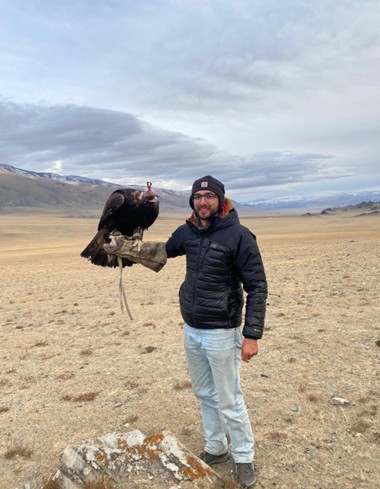 |
Councilor 2023-2025, 2026-2028 Kyle is a wildlife and restoration ecologist working for Primero Conservation on wild felid monitoring in Arizona and Sonora, Mexico and working collaboratively with landowners on invasive plant species mitigation and wildlife habitat restoration. He holds a B.S. in Wildlife and Restoration Ecology from Arizona State University and a M.S. in Wildlife Conservation and Management from the University of Arizona. His Master’s research was based on a jaguar surveying and monitoring project of southern Arizona and New Mexico in 2012-2016. Currently, he is part of on-going jaguar monitoring in Sonora, Mexico and a mountain lion population study in eastern Arizona. He also works with ranchers, landowners, biologists, and conservationists to carry out on-the-ground restoration and habitat improvement including native plant restoration, erosion control, prescribed fire, and collaborative conservation in southern Arizona. Kyle serves on the non-profit boards of the Fishing Cat Conservancy and Primero Conservation. |
Susan Malusa
|
|
Councilor 2026-2028 Susan Malusa is Director of the University of Arizona (UA) Wild Cat Research and Conservation Center and has led wild felid research and conservation efforts for over 13 years. She served as Project Manager of the UA Jaguar and Ocelot Monitoring Program, overseeing a large-scale camera monitoring project and building one of the most extensive long-term regional datasets on wild felid presence in the Sky Island region. She developed SPARC’d (Scientific Photo Analysis for Research and Conservation Database), an open-source tool used by researchers and agencies to manage and analyze camera trap data. Bringing experience as both an educator and scientist, Susan emphasizes collaborative conservation, community science, and mentoring the next generation of wildlife researchers through outreach and field-based training. She holds a B.S. in Education and an M.S. in Geography.
|
Dave Onorato
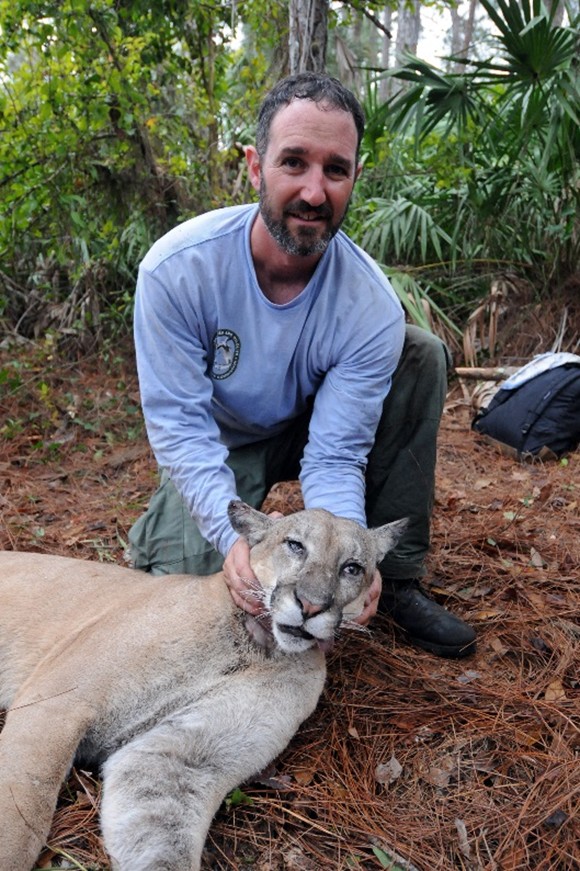
|
Councilor 2026-2028 Dave is a Research Scientist on the Florida Panther Project for the Florida Fish and Wildlife Conservation Commission (FWC). Dave has led the research section of the project for FWC for the last 20 years. A major focus of his research has been the long-term assessment of genetic rescue of this endangered population of pumas. Additionally, the research team has focused on projects that include assessments of habitat selection, demographic parameter estimates, population viability analyses, and epidemiological studies. Dave was extensively involved in a multi-year effort to complete the first Species Status Assessment for the Florida panther in collaboration with the USFWS. Prior to working at FWC, Dave worked on large carnivore genetics projects as a postdoc at the University of Idaho. His dissertation research at Oklahoma State University focused on the natural recolonization of black bears from Mexico into the Big Bend region of West Texas.
|
Mark Lotz
|
|
Past President 2026-2028 Mark’s wildlife career has been devoted to studying the Florida panther, a population of puma in south Florida. When he began his wildlife biologist job with the Florida Fish and Wildlife Conservation Commission nearly a quarter century ago, Florida panther management had just entered a new era. Florida’s experimental genetic restoration, by releasing 8 female pumas from Texas into south Florida, proved to be successful and changed this small and inbred population into a more robust panther population. However, this success led to many new challenges as panther numbers increased and they began repopulating habitats adjacent to people. Mark’s field experience includes capturing individuals for radiocollar studies, handling neonates at dens, and locating study animals from a fix-winged aircraft to monitor population demographics for genetic restoration. With an increased panther population, much of Mark’s time is devoted to managing human-panther conflicts, investigating depredation complaints and working with residents to resolve their predator conflict issues. |
Former Council Members
|
|
John Beecham, Interim Council (2006-2008) |
|
|
Chris Belden, Councilor (2006-2011) |
|
|
Brett Blum, Councilor (2022-2024) |
 |
Rogelio Carrera, Councilor (2016-2018) |
|
|
Ivonne Cassaigne (2010-2013) |
|
|
Melanie Culver, Councilor/Treasurer (2009-2013) |
|
|
Deanna Dawn (2006-2010) |
|
|
Rich DeSimone, Interim Councilor (2006-2008)
|
 |
Mark Elbroch, Councilor (2016-2018) |
|
|
Anthony Giordano, Past President (2020-2025); President (2016-2019); V.P. Latin America (2012-2015) |
.JPG) |
Lisa Haynes, Councilor (2019-2021) |
|
|
Marcella Kelly (2010-2016) |
|
|
Brian Kertson (2017-2022) |
|
|
Gary Koehler, Interim Councilor (2006-2009) |
|
|
Jesse Lewis (2023-2025) |
 |
Ken Logan, Secretary (2016-2018) |
|
|
Mark Lotz, President (2020-2025); V.P North America (2016-2019) |
 |
Mauro Lucherini (2017-2022) |
|
|
Victor Luja (2023-2025) |
 |
Donny Martorello, Interim Councilor (2006-07) |
|
|
Sharon Negri, Secretary (2006-2012) |
|
|
Rodrigo Nunez, Councilor (2014-2016) |
 |
Sandra Ortiz, V.P. Latin America (2016-2021) |
|
|
Christopher Papouchis, Councilor (2006-2016) |
|
|
Suzie Prange, Secretary (2012-2015) |
|
|
Aimee Rockhill, Councilor (2012-2015) |
|
|
Yamel Rubio Rocha, VP Latin America (2022-2024), Councilor (2019-2021) |
|
|
Stan Rullman, Councilor (2014-2016) |
|
|
Toni Ruth, Councilor (2017-2022) |
|
|
Laurel Serieys, Vice President North America (2012-2015) |
 |
Cheyenne Stewart, Treasurer (2017-2019) |
|
|
David Stoner, Councilor (2009-2013)
|
 |
Linda Sweanor, President (2006-2015), Past President (2016-2019) |
|
|
Mike Tewes, Councilor (2009-2012) |
|
|
Jennifer Timmer, Treasurer (2020-2025) |
 |
Hugh Robinson (2006-2009)
|
|
|
Ron Thompson, Secretary 2019-2021 |
 |
Jim Williams, Vice President (2009-2012) |
 |
Veronica Yovovich, Vice President, North America (2020-2024) |

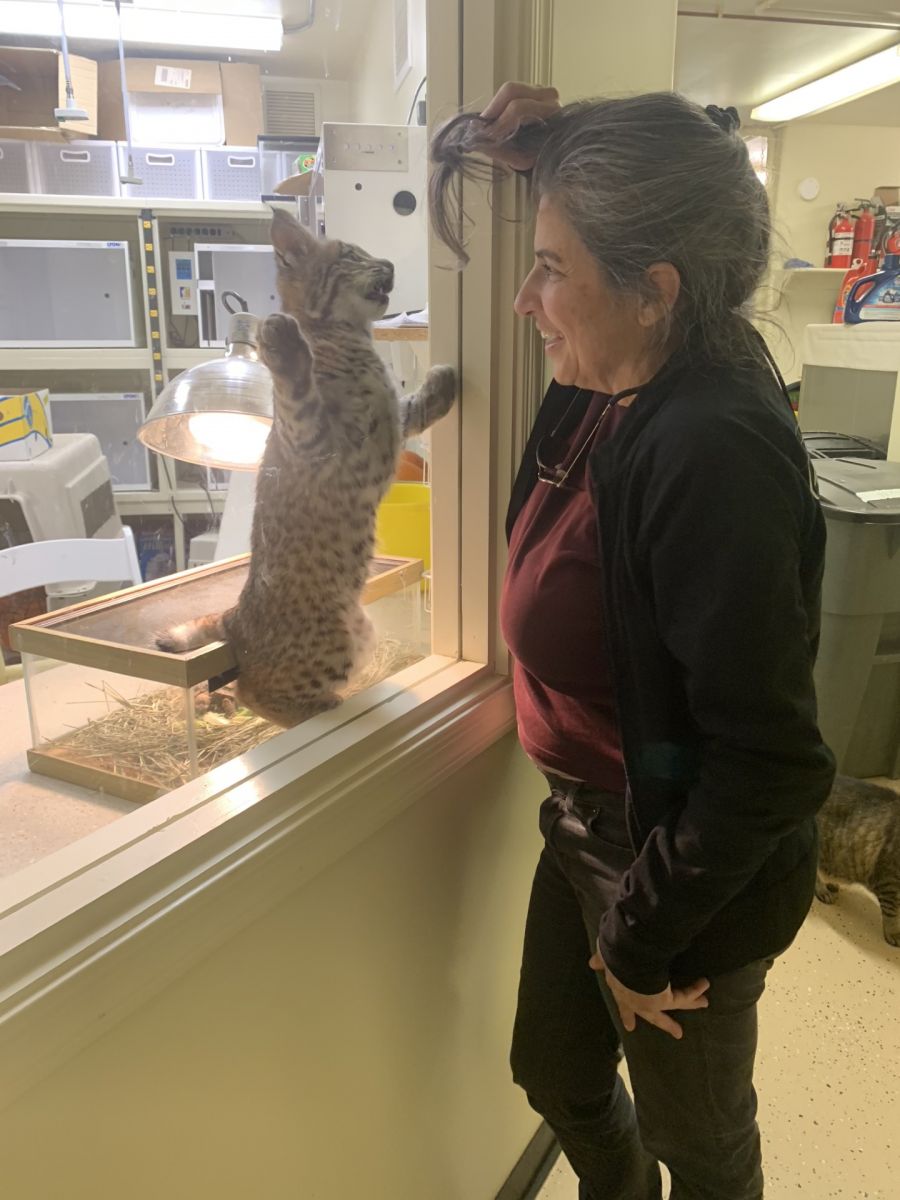
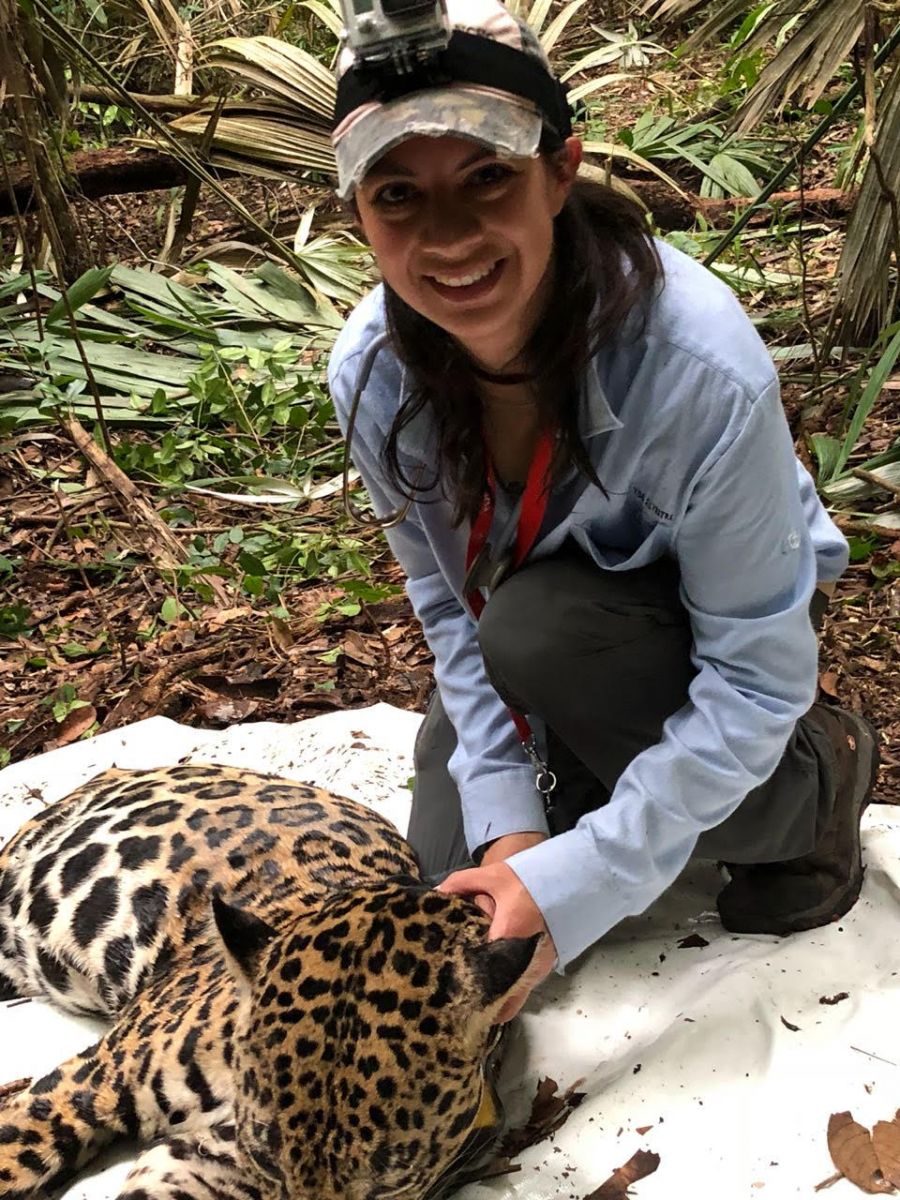

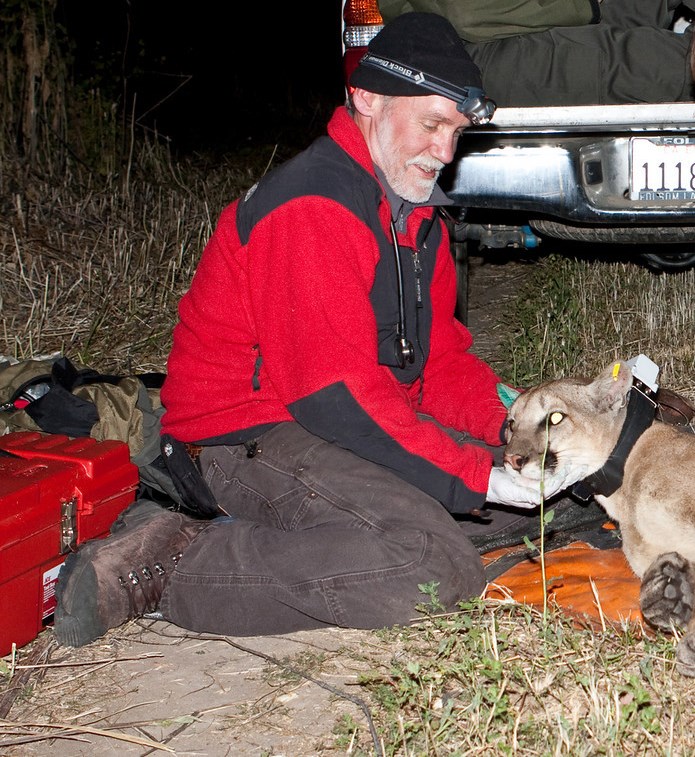













.jpg)






.jpg)





.jpg)
